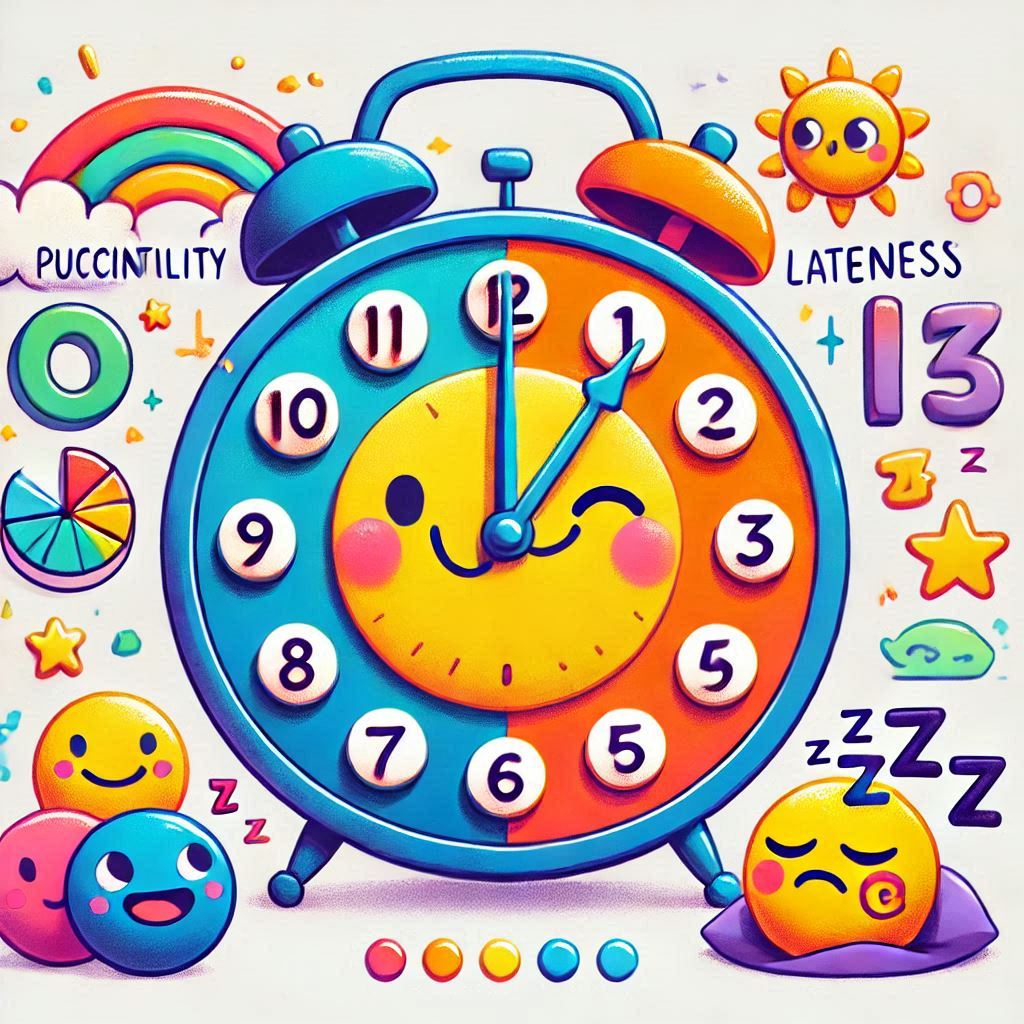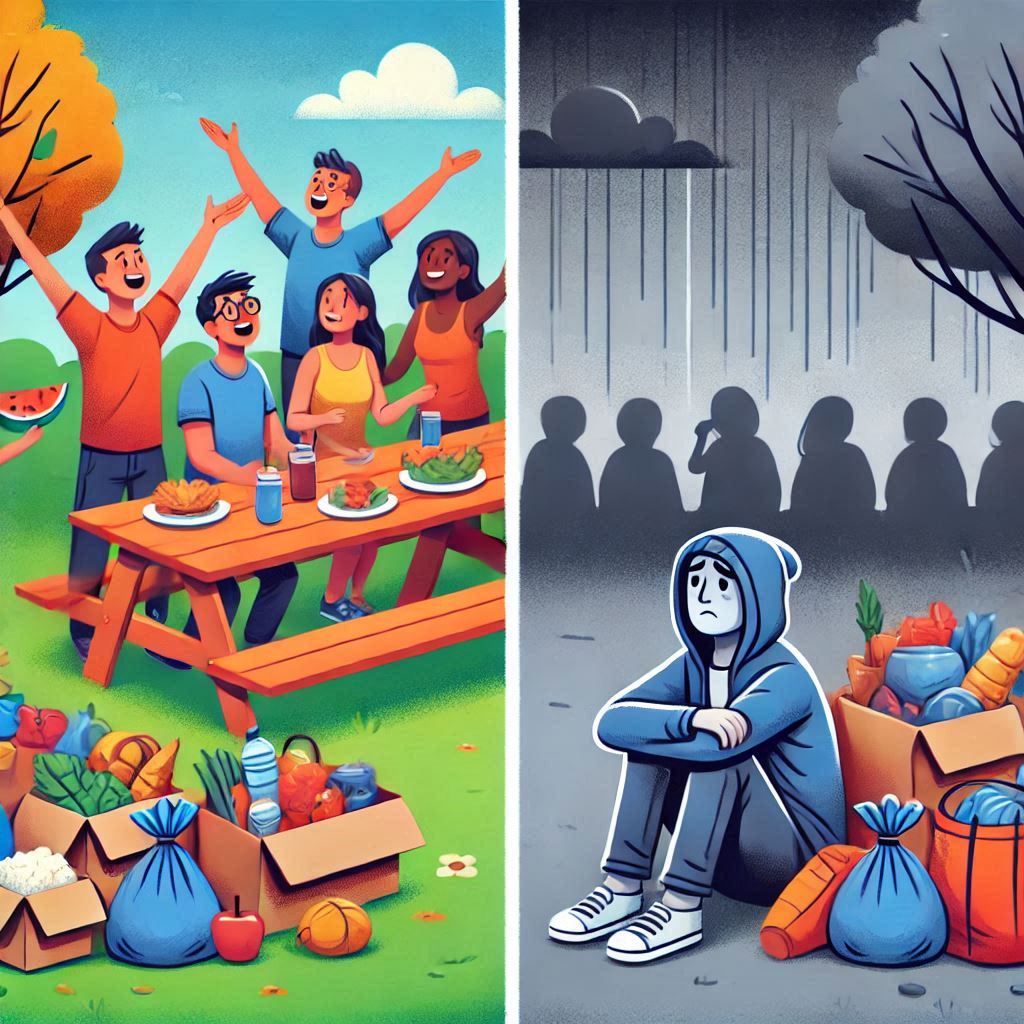In today’s fast-paced digital world, finding ways to bond as a family while teaching kids good habits can feel like a challenge. But what if habit-building could be fun, engaging, and screen-free? In this post, we’ll explore five games that not only strengthen family bonds but also help children develop positive habits they’ll carry for life.
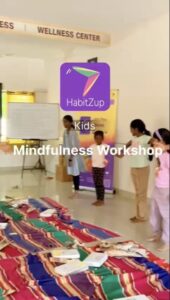

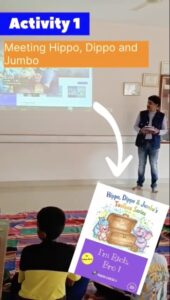
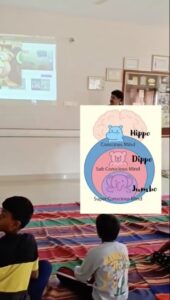
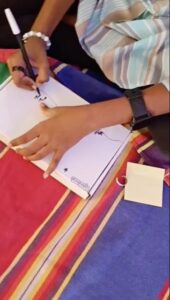
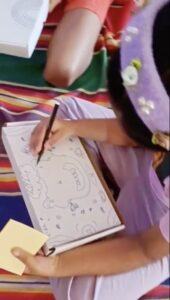

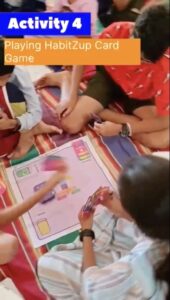
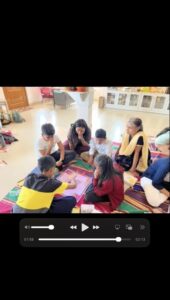


1. HabitZup – The Fun Habit-Building Card Game
Best for: Ages 7–12 | Group play | Family routines
HabitZup is more than just a card game — it’s a tool to build mindfulness, focus, joy, and discipline in children. Designed for short 15–20 minute sessions, the game uses storytelling, reflection prompts, and quick challenges to reinforce healthy habits and family connection.
🟢 What it teaches: Gratitude, time management, self-discipline
🟢 Why it works: Kids learn best through play, and HabitZup gamifies habit formation in a way that sticks.
2. Chore Bingo
Best for: Kids who avoid chores
Create a bingo sheet with daily or weekly chores (e.g., water the plants, fold clothes). When they complete a row, reward them with a fun family activity — movie night, outdoor picnic, or a HabitZup match!
🟢 What it teaches: Responsibility, contribution, goal-setting
🟢 Habit tip: Let your child help design the bingo card — it increases their buy-in.
3. The Gratitude Jar Game
Every evening, each family member writes one thing they’re grateful for and drops it in the jar. On weekends, read a few aloud as a family.
🟢 What it teaches: Gratitude, emotional awareness, positivity
🟢 Pro tip: Pair it with HabitZup’s gratitude cards to keep the flow going.
4. Habit Relay
Set up mini “habit races” — like brushing teeth without reminders, 5-minute meditation, or helping a sibling. Use a scoreboard for friendly competition.
🟢 What it teaches: Daily consistency, mindfulness, kindness
🟢 Twist: Let kids make their own relay challenges using HabitZup’s “SpeedZup” cards!
5. Family Vision Board Night
Cut out images and words from magazines or print them online. Everyone creates their own habit vision board — what they want to become, learn, or improve.
🟢 What it teaches: Visualization, intention-setting, creativity
🟢 Habit hack: Hang them in the living room and revisit every month.
💡 Final Thoughts
Games aren’t just fun — they’re powerful learning tools. Whether it’s through a structured card game like HabitZup or a creative challenge like Chore Bingo, families can build meaningful connections while cultivating lifelong habits in their children.
👉 Want to bring this habit-building magic home?
Explore HabitZup here →
Join 100+ families who are already playing their way to better habits!

You may like to read:


